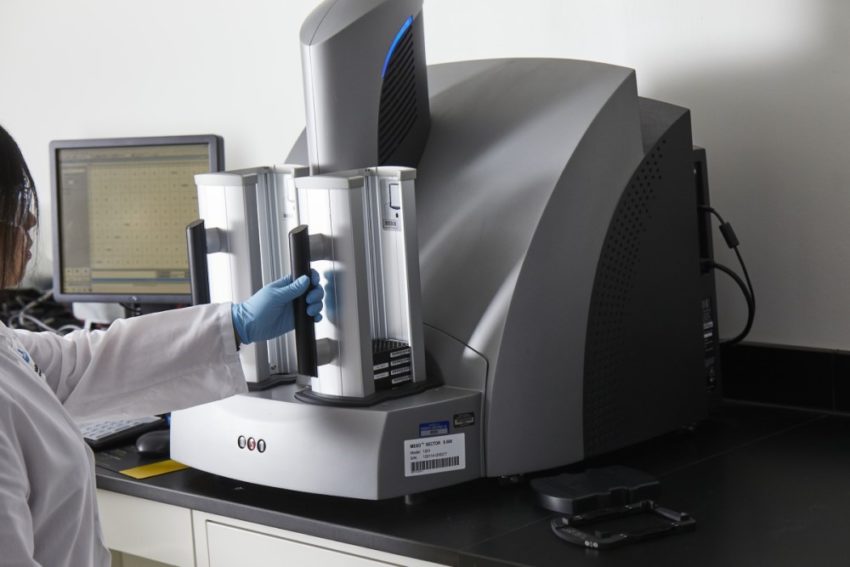Immunogenicity assessment helps drug developers understand the possible immune responses that can occur when humans are exposed to a potential therapeutic protein. Recently, the FDA has updated its guidance for immunogenicity risk assessment for developing and validating assays for anti-drug antibody (ADA). In this webinar, we will provide an overview of the significant changes, discuss implications for your IND- and BLA-enabling studies and review the testing that is necessary for regulatory submissions.
What’s Different in 2019 FDA Guidance for Immunogenicity Risk Assessment?
The guidance further clarifies FDA’s recommendation when compared to the previous guidelines published in 2016. Many aspects of this guidance were revised, but the significant revisions focus on the following areas:
- Risk assessment
- Statistical approaches to ascertain cut point
- Removal of long-term stability requirement
- Minimal required dilution
- Positive control antibodies
- Development of assays to measure neutralizing antibodies
- Strategies for managing pre-existing antibodies
- Updates in documentation requirements
Speaker Bio

Jing Shi, PhD
Executive Director, Global Head of Large Molecule Bioanalysis
Dr. Shi is Executive Director and Global Head of large molecule Bioanalysis of WuXi AppTec LTD with extensive experience in the global biotech/pharma and CRO industries. She joined WuXi AppTec in 2014 and is the global head of the Immunochemistry Bioanalytical department, managing a multisite operation. Her team provides bioanalytical method development, validation and sample testing services under GLP/GCP. Dr. Shi previously held leadership positions with AstraZeneca and Sigma in the United States. She has extensive working experience within various drug development stages including cell line development, process development, toxicology, biologic drug substance/drug product characterization and preclinical/clinical bioanalytical analysis. In her most recent role with Sigma, she was the head of the Immunoassay laboratory, responsible for GMP lot release/stability testing and GLP bioanalytical testing using immunochemistry and cell-based platforms.
Dr. Shi obtained her B.S. in Cell Biology and Genetics from Peking University and PhD in Cell Biology from University of Virginia.
Learn more about Large Molecule Bioanalytical services.
As a global company with operations across Asia, Europe, and North America, WuXi AppTec provides a broad portfolio of R&D and manufacturing services that enable the global pharmaceutical and life sciences industry to advance discoveries and deliver groundbreaking treatments to patients. Through its unique business models, WuXi AppTec’s integrated, end-to-end services include chemistry drug CRDMO (Contract Research, Development and Manufacturing Organization), biology discovery, preclinical testing and clinical research services, helping customers improve the productivity of advancing healthcare products through cost-effective and efficient solutions. WuXi AppTec received an AA ESG rating from MSCI for the fourth consecutive year in 2024 and its open-access platform is enabling around 6,000 customers from over 30 countries to improve the health of those in need – and to realize the vision that “every drug can be made and every disease can be treated.”



